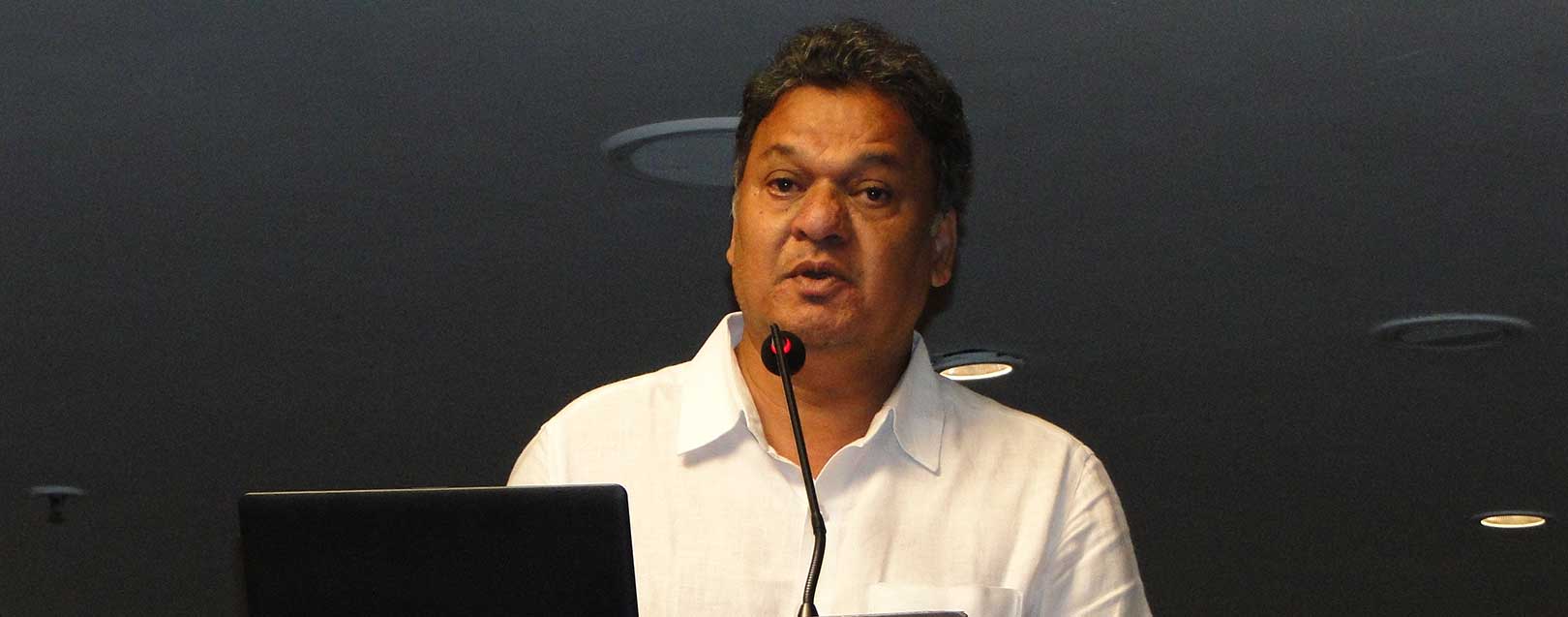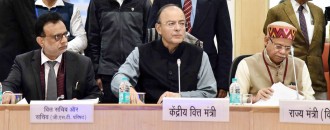
Textile exports not up to mark: Cloth merchants body
Sharath Chowdary
India’s textile exports have come down to $40 billion in FY 2016, when compared to $41.4 billion exports in FY 2015. The textile shipments are far below the target set by the Union Textile Ministry at $47.5 billion for the previous fiscal year. Even then, the ministry has taken it up as a challenge to achieve $48.5 billion exports this fiscal year.
The Union Cabinet has recently approved Rs.6000-crore special package for the promotion of exports in Textile and Apparel sector. With this package, the government plans to achieve a cumulative increase of textile exports to $30 billion in the next three years.
To achieve this ambitious target, the government should encourage the new manufacturers, Telangana Cloth Merchants Association President Ammanabolu Prakash said. He spoke to the media after participating in the Power Series Conclave, Edition 1, 2016-17, organised by The Dollar Business Bureau.

Speaking about the challenges and opportunities of the sector, he said, “Currently, the textile exports from the country are not up to the mark. Unless new manufacturers are encouraged with aggressive policies, it is not possible to achieve this target. The sector definitely has huge potential, scope and opportunities, but the government’s role is more important.”
“The cost of exports goes up tremendously due to various taxes. The manufacturer should bear the taxes at multiple levels. There are taxes on cotton, yarn, chemicals, fabric etc. The Goods and Services Tax (GST) should be an answer to all these woes,” he explained.
“According to World Bank, India ranks 130 out of 189 countries in ease of doing business. This clearly shows where the country lags behind. There is a restriction at every level of textile manufacturing. A manufacturer should be offered online licenses instead of seeking approvals from 10-15 government departments. The government should also provide tax and production incentives to boost textile manufacturing in the country,” he said.
On the e-commerce boom, Prakash said, “The weavers from the state of Telangana are mostly uneducated and confined only to local markets. Though few players are encouraging them to sell their products online, they are not yet capable to tap the e-commerce markets. Exporting to other countries is also a big deal for them due to documentation, transportation and other hurdles.”
Textile manufacturing is mostly unorganised and labour oriented, particularly in this State. The Central and State governments should update the labour laws as per the global standards, he said.






 to success.
to success.